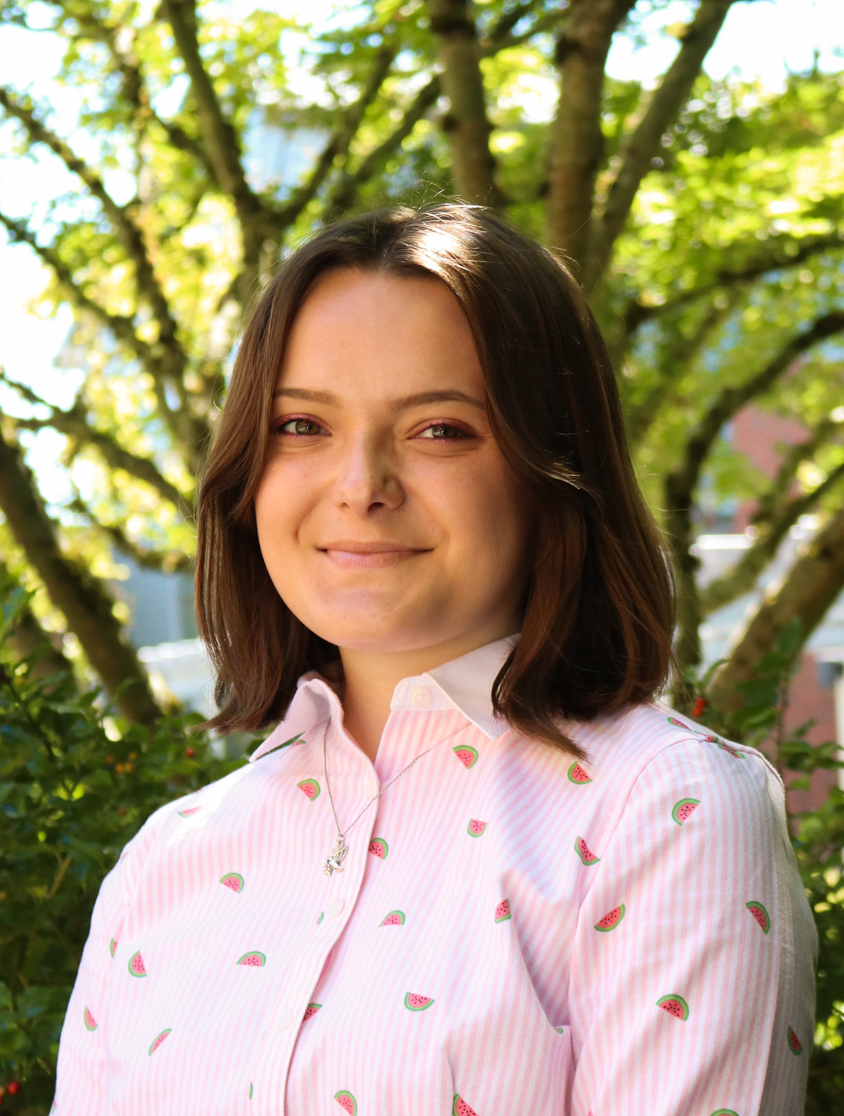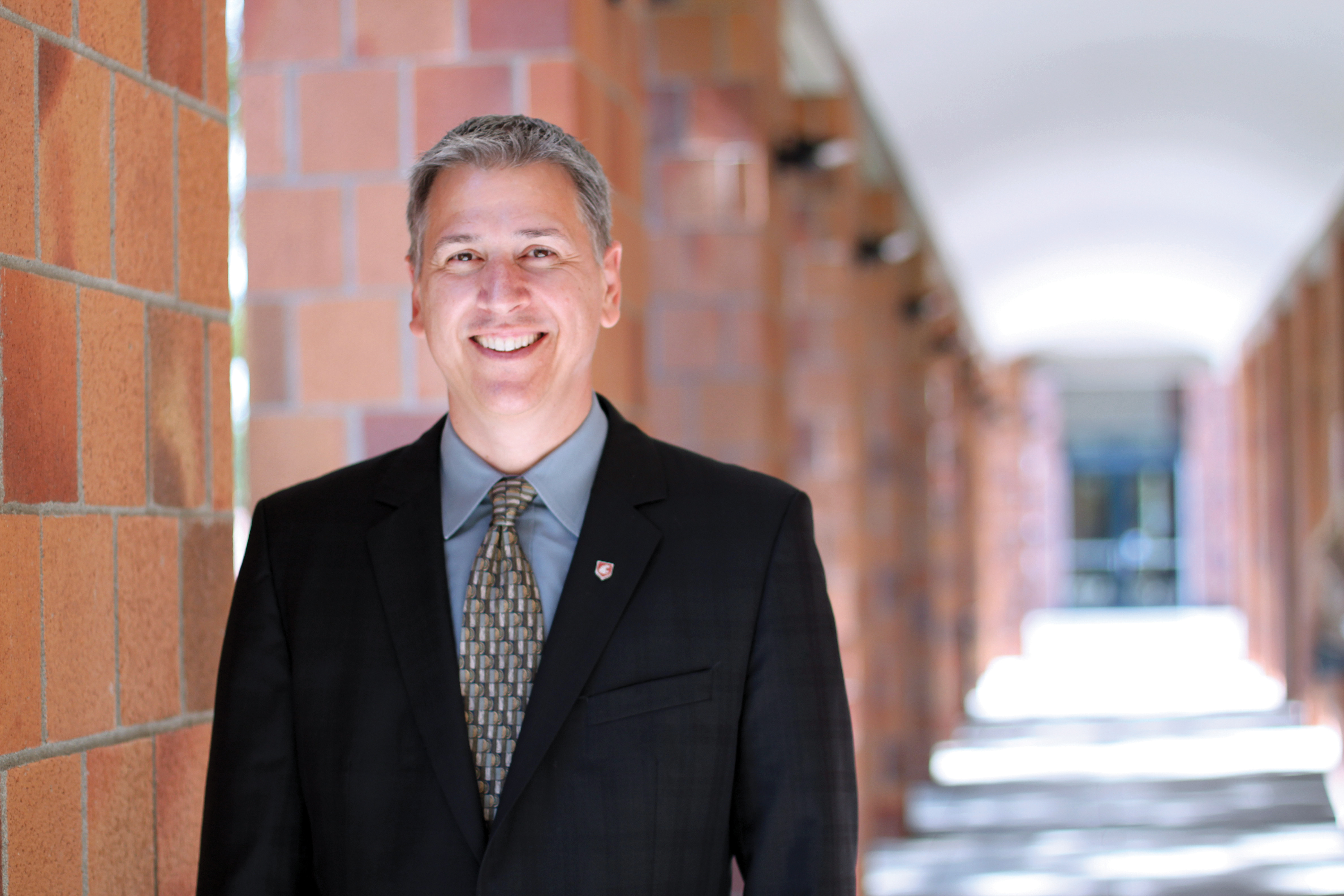On Feb. 23, WSU Vancouver’s chancellor, Mel Netzhammer, launched the first 2021 State of the Campus Address, playing Queen’s popular hit, “Under Pressure” to cheerfully greet student, staff and faculty attendees. As the song seems symbolic of the unprecedented struggles WSU Vancouver has faced this past year, the university has proven its ability to persevere under these immense pressures.
Netzhammer addressed the WSU Vancouver campus over Zoom, revealing the university’s ongoing development of a strategic plan to rebuild the community, and forge a new path toward total recovery. Sitting in the campus library, he made an emotional speech, addressing the near 500,000 lives lost from the pandemic’s wrath, and noting the inequitable disparities COVID-19, racial discrimination and police brutality have caused among communities of color.
“As a campus community, we have reaffirmed our intentional commitment to equity, diversity and inclusion. While the pandemic continues to intensify social inequities, we continue to support and empower all vulnerable populations, including undocumented communities, individuals who experience food and housing insecurity, and Black, brown, Indigenous, Native American and Pacific Islander communities. [These communities] have been disproportionately targeted by novel forms of discrimination and violence resulting from a confluence of racialized rhetoric and finger-pointing,” Netzhammer said.
Netzhammer then discussed how enrollment numbers have impacted WSU Vancouver’s budget. He first explained enrollment for first-year students has gone up, due to the PDX Tuition Advantage program, which allows full-time students to receive resident tuition if they live nearby in Oregon’s Clackamas, Multnomah and Washington counties. However, while the university’s outlook on enrollment numbers remains positive, Netzhammer said the overall decline in enrollment will cause a $1 million decrease in the budget.
“Enrollment has an impact on our budget. We are an enrollment-driven institution, we expect the decline in enrollment this year will result in at least a $1 million drop in our budget. … [We had drops] in spending in some areas this year and by using healthy reserves, we’ve been able to mitigate the impact of those cuts,” Netzhammer said. “The largest impact has been on our auxiliary services, the child development program and food and dining services have been shut down completely. The use of reserves is only a short-term fix. Without a rebound in enrollment, we’ll need to look at long-term budget reduction and alternate revenue sources.”
Construction for the new Life Sciences Building was also announced, which the chancellor said is the university’s first construction project in over a decade, and will be placed north of the Engineering and Computer Science building on campus.
“It is groundbreaking for that building [to possibly] occur before the end of fall semester. … Our Life Sciences Building is seen as one of those projects that will both serve community needs and create jobs locally. We are optimistic it will be funded, but we’ll continue to do our due diligence,” Netzhammer said.
As for students graduating this semester, Dominic Thomas, vice chancellor for student affairs and enrollment, is in charge of planning for the commencement taking place at the end of spring semester. He said there will not be an in-person celebration, but the university will be hosting a systemwide remote program and drive-thru commencement on May 8.
To answer the big “what will fall semester look like?” question, Netzhammer said the administration is working hard to develop a strategic plan that might enable campus to open again for in-person learning. With a new strategic plan in place, the priority is focused on a five-year recovery plan, and new expectations moving forward into fall semester. Netzhammer has established a committee to organize the potential return to campus in the fall, led by Thomas and Renny Christopher, vice chancellor for academic affairs.
“There is much we don’t know at this point, which means there will be some time until we know what the fall will look like. We must prepare to be flexible in both instructional programs and services and activities that we provide. Some of us are eager to return, others of us are very nervous about returning. What will vaccinations and mutant strains look like in August? Whatever August looks like, it’s really unlikely that January is going to look the same. So we’re going to be in planning mode for a while,” Netzhammer said.
There is still speculation as to what fall semester will look like, but, according to Sherri Bennett, chief of staff to the chancellor, students can expect to find more information later in the spring, as well as from subsequent campus conversations throughout the semester.
“We’ve convened a task force that’s made up of staff members and community member input and challenged ourselves with a proposal to the chancellor by the end of spring semester. Right now, [we are] reviewing possibilities of what reopening would look like under many different structures and what the budgetary impact of reopening might be. Hopefully, we’ll all be able to share more information with you in the spring. I do want you all to know we’re working on it,” Bennett said.
At the end of WSU Vancouver’s State of the Campus Address, Chancellor Netzhammer remained hopeful for the future, and thanked the attendees. Despite all of the challenges presented throughout the year, the administration has been in rigorous planning and development to help the community create a long-term recovery plan for success. As Netzhammer suggested, students, staff and faculty should watch for future campus conversations, and reach out to administrative representatives for any questions or concerns.

Olivia is a senior studying English at WSU Vancouver.
